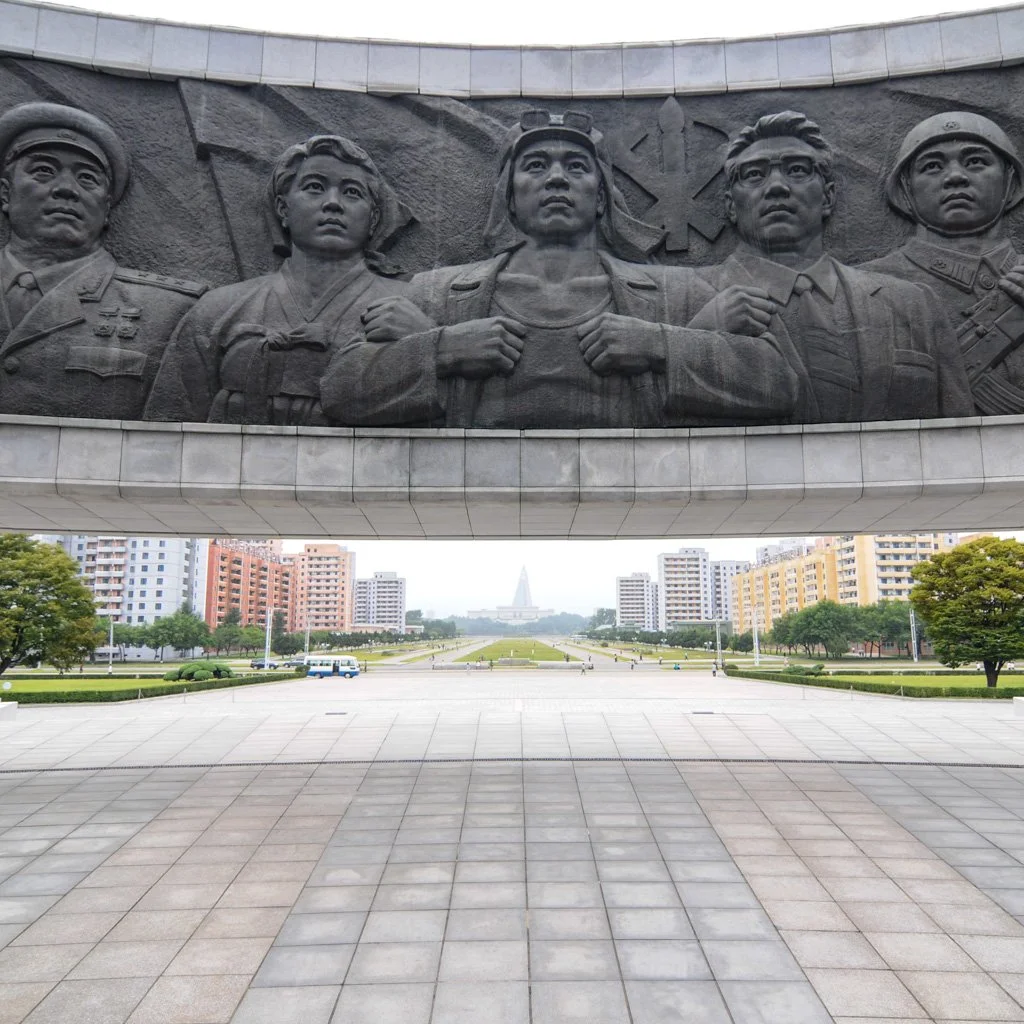I had the opportunity to talk to Mr. Marc Joseph several months ago about Choson Exchange. Marc contacted us as he was excited about our mission, and we are just as excited about his interest. Marc will serve us as a lecturer and advisor to our business and legal training programs in Pyongyang. Bio
Marc Joseph is a co-founder of Granite Ridge LLP, an investment and advisory firm. Mr. Joseph has over twenty years of high-level investment and businesss experience. At Templeton he managed international and global equity funds and had top-decile performing mutual funds. He served as the director of Templeton’s smaller companies research team, was previously responsible for Templeton’s Korea research coverage, and had direct responsibility for over $4 billion of assets. He was also a partner at Scudder where he managed all of the firm’s institutional international accounts and was directly responsible for over $10 billion of assets. Mr. Joseph has also served as chief investment officer of a registered investment advisor and has worked as a management consultant with McKinsey. Mr. Joseph sits as a judge pro tem in Los Angeles Superior Court. Mr. Joseph has a Juris Doctor degree from Harvard Law School (magna cum laude, Sears Prize, Law Review editor), an MBA from Harvard Business School (high honors, Baker Scholar, Loeb Rhoades Fellow), and a BS in Computer Science from the College of William & Mary (high honors, first in class). Mr. Joseph has recently served as faculty for corporate finance courses for McKinsey management consultants globally. Mr. Joseph holds a real estate broker’s license and is a member of the California bar.


